Cortisol, often referred to as the "stress hormone," plays a vital role in the body's response to stress and its overall regulation of metabolism, immune function, and energy levels. Its levels fluctuate throughout the day in a natural cycle known as the circadian rhythm.
Cortisol levels typically follow a diurnal pattern, peaking in the early morning shortly after waking. This peak generally occurs around 6 to 8 a.m. and is part of the body's natural wake-up process. The rise in cortisol helps increase alertness and energy, preparing the body for the day ahead.
However, when cortisol remains elevated beyond its normal morning peak, it can result in feelings of anxiety, fatigue, and difficulty concentrating throughout the day. Let’s find out more about cortisol and its fluctuations during the day.
What is the Cortisol Awakening Response?
The Cortisol Awakening Response (CAR), fundamentally, demarcates a rapid increase in cortisol secretion from the adrenal glands within minutes following morning awakening. Considerably influential in diurnal cortisol regulation, CAR forms a distinct part of our cortisol rhythm, which is pivotal for sustaining good health.
When you awaken, your cortisol levels witness a sharp increase, a phenomenon known as the 'cortisol awakening response.' It's similar to a 'jumpstart' to your day, prepping your body to tackle the stressful environments potentially encountered.
This marked increase in cortisol is not just about waking up; it plays a broader role in orchestrating bodily responses. Interestingly, the cortisol level increase assists in the regulation of energy levels, immune system responsiveness, and even heart function.
Some researchers suggest that chronic stress leads to a lower CAR, indicating reduced adrenal sensitivity. In contrast, others argue that heightened stress scenarios may cause an amplified CAR.
Let's not forget that individual variances also come into play. Age, gender, lifestyle – all these factors influence one's cortisol awaken response. Of course, more research is needed for definitive conclusions, but understanding CAR certainly provides essential insight into our physiological adaptations to the day-night cycle.
How is the Cortisol Awakening Response Measured?
So, how do you test cortisol levels in the morning? The CAR requires precise measurement. Saliva samples offer a non-invasive method for assessing cortisol levels. However, accurate results depend on timing.
Immediately after waking, cortisol levels surge. Saliva samples should be collected within the first 30 minutes to capture this peak and accurately gauge the CAR.
Challenges in measuring the CAR in non-laboratory settings have led to guidelines for data collection and analysis. While compliance varies, studies have found a significant portion of participants (15-25%) lacking a detectable CAR. This may be due to difficulties in maintaining accurate timing outside a controlled environment.
Despite these challenges, sleep laboratory studies consistently demonstrate the CAR in healthy individuals, emphasising the importance of precise timing.
While measuring the CAR can be complex, its potential as a marker of HPA axis activity is substantial. The CAR holds promise for understanding and managing chronic stress, adrenal sensitivity, and other health-related issues.
Normal Levels of Cortisol and the Awakening Response
In a healthy adult, cortisol fluctuates following a specific pattern referred to as the circadian rhythm. This rhythm is a biological clock that orchestrates the secretion of several hormones throughout a 24-hour period.
In the case of cortisol, it adheres to a diurnal pattern. In other words, cortisol's level in the body fluctuates throughout the day. A healthy individual's cortisol output initially rises in the morning and slightly dips in the afternoon before reaching its lowest point late in the evening.
Clarifying the exact value of a 'normal' cortisol level can be challenging. Quantifying total cortisol output or concentration isn't straightforward due to its continuous fluctuation. However, cortisol levels in the circulating bloodstream of a healthy individual are typically within the range of 6 to 23 µg/dl in the morning and decrease to about 2 to 9 µg/dl by evening.
One must bear in mind that these ranges are tentative and can deviate based on various factors. For example, these values can be influenced by the individual's age, physical condition, and overall health. In any case, abnormal fluctuations or persistently high cortisol levels could possibly signify potential health risks.
The awakening response involves a quick and dramatic surge in levels of cortisol, a characteristic feature of the healthy adult's daily rhythm of cortisol secretion. At sunrise, the rapid rise of cortisol from our adrenal glands is stimulated by the increasing light intensity, with the peak typically reached approximately half an hour after waking.
Essentially, the value of this surge, which is usually observed in the first sixty minutes post-waking, is postulated as a means to facilitate the transition from the restorative physiological state of sleep to the alert, engaging with the ensuing demands of the day.
An average increase in cortisol level of about 50% is typical among healthy adults, although individual variations can be substantial. This phenomenon prepares the body to face everyday stress and combats nightly decrease in blood pressure.
Roughly, the cortisol concentration within this hour can be double or even triple what it was in the pre-awake state, significantly affecting our daily cortisol output. It is a perfectly designed natural clock that gears us up for the prospective day, echoing the adage of biology fiercely adhering to the workings of time.
Research continues to unpack the subtleties of this awakening response, yielding intriguing insights into the interplay between our internal biological clocks and our daily routines. Understanding this link may provide novel approaches to manage health risks related to disrupted cortisol patterns. This is the magnitude of change - how cortisol levels dynamically respond upon awakening.
Cortisol Awakening Response and Stress Management
The CAR, a key phase of the body's daily cortisol cycle, requires precise measurement. Saliva samples offer a non-invasive method for assessing cortisol levels. However, accurate results depend on meticulous timing.
Immediately after waking, cortisol levels surge. Saliva samples should be collected within the first 30 minutes to capture this peak and accurately gauge the CAR.
Challenges in measuring the CAR in non-laboratory settings have led to guidelines for data collection and analysis. While compliance varies, studies have found a significant portion of participants (15-25%) lacking a detectable CAR. This may be due to difficulties in maintaining accurate timing outside a controlled environment.
Despite these challenges, sleep laboratory studies consistently demonstrate the CAR in healthy individuals, emphasising the importance of precise timing.
While measuring the CAR can be complex, its potential as a marker of HPA axis activity is substantial. The CAR holds promise for understanding and managing chronic stress, adrenal sensitivity, and other health-related issues.
CAR and Stress Management
Our daily rhythm begins within the first hour of waking. Stress can disrupt this harmony by altering cortisol's natural pattern. It can significantly elevate peak cortisol concentration, disrupting the cortisol rhythm and leading to health problems. Therefore, managing stress is essential for maintaining healthy cortisol levels.
Various interventions can help control cortisol levels:
- Consistent daily routine
- Meditation
- Regular exercise
- Adequate sleep
- Supplements
Supplements like Equilibrium can play a crucial role in reducing stress and improving the cortisol awakening response (CAR), which refers to the natural increase in cortisol levels that occurs shortly after waking up. This response is essential for maintaining optimal energy levels, cognitive function, and overall well-being throughout the day.
Equilibrium is formulated with a blend of adaptogenic ingredients, including Ashwagandha and L-Theanine, which have been scientifically shown to combat stress effectively.
- Ashwagandha: This powerful adaptogen helps regulate cortisol levels, the primary stress hormone, by supporting the body's ability to adapt to stressors. It has been found to significantly reduce perceived stress and anxiety, promoting a sense of calmness and relaxation. By lowering chronic cortisol levels, Ashwagandha aids in restoring balance in the body, allowing for improved focus and mood.
- L-Theanine: Found naturally in green tea, L-Theanine is known for its calming effects without causing drowsiness. It enhances the production of alpha waves in the brain, which promote relaxation and reduce stress. When taken in combination with other ingredients in Equilibrium, L-Theanine helps mitigate the stress response, making it easier to handle daily challenges.
- Other Key Ingredients: Equilibrium also contains lemon balm, magnesium, and chamomile, all of which contribute to reducing anxiety and promoting relaxation. This synergistic blend helps to create a comprehensive approach to stress management, ensuring the body is better equipped to cope with daily stressors.
A well-regulated CAR can enhance alertness, energy levels, and overall performance. Supplements like Equilibrium can help optimise this response in several ways:
- Balanced Cortisol Levels: By managing cortisol levels throughout the day, Equilibrium supports a healthy CAR. When cortisol rises appropriately in the morning, it can help boost energy and focus. Conversely, if cortisol levels remain elevated due to stress or poor lifestyle choices, it can lead to a blunted CAR, resulting in fatigue and decreased cognitive function.
- Enhanced Sleep Quality: Ingredients like magnesium in Equilibrium promote better sleep quality, which is essential for a healthy CAR. Good sleep hygiene supports the body's natural circadian rhythms, ensuring that cortisol levels rise and fall appropriately throughout the day.
- Resilience to Stress: By reducing overall stress levels, Equilibrium helps maintain a healthier CAR. When the body is less burdened by stress, it can respond more effectively to the natural peaks in cortisol, leading to improved energy and focus upon waking.
By incorporating these adaptogenic ingredients into a daily routine, individuals can better manage stress, enhance their well-being, and experience a more energised and focused start to each day.
The Significance of Understanding Cortisol Awakening Response
Understanding the cortisol awakening response plays an important role in maintaining physical health. By gaining a deeper understanding of this process, we can better manage our health and wellbeing. Remember, knowledge is power, and in this case, it's the power to maintain a healthy cortisol circadian rhythm.
Don’t let stress hold you back any longer. Experience the benefits of Equilibrium today and feel the difference in your energy levels and overall well-being.





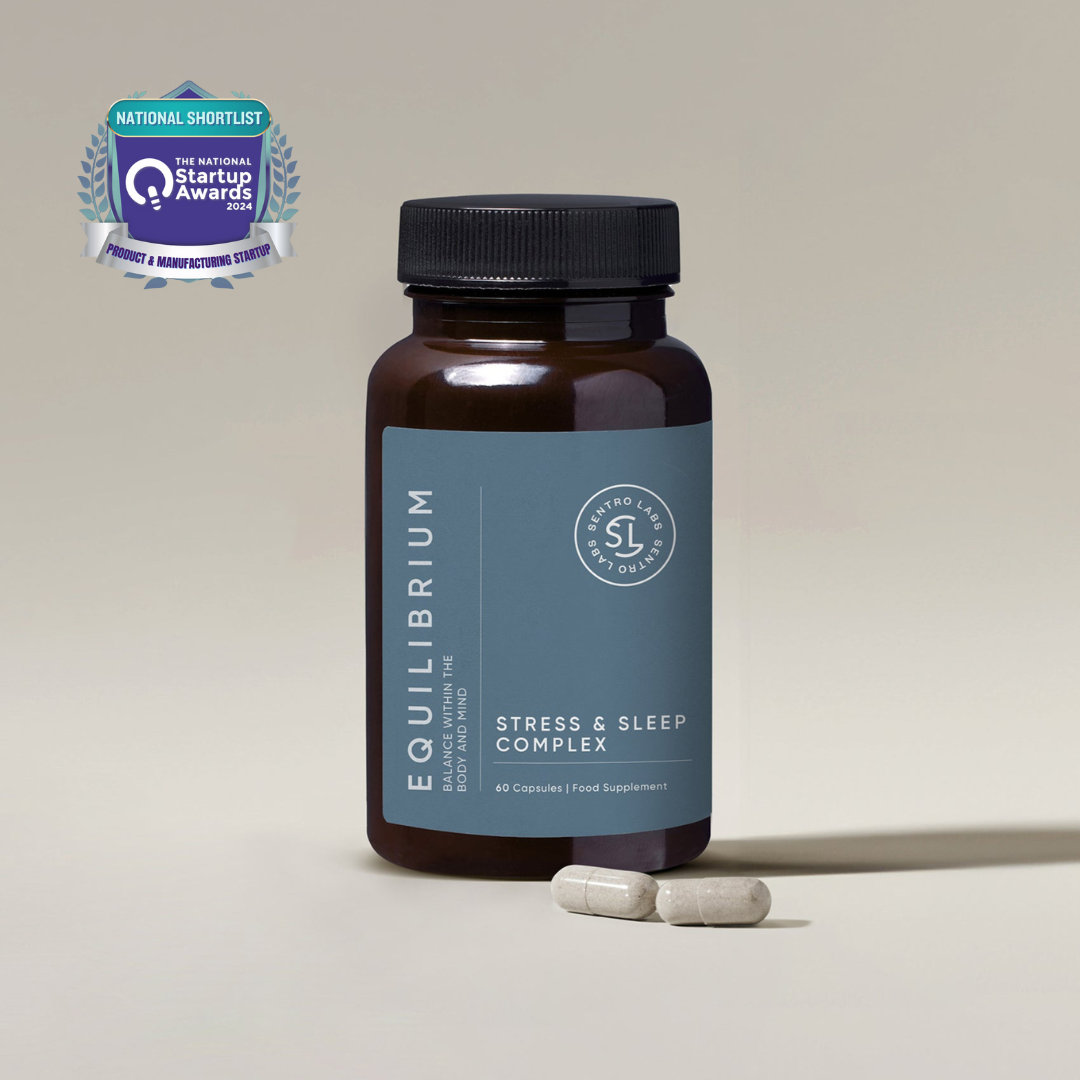


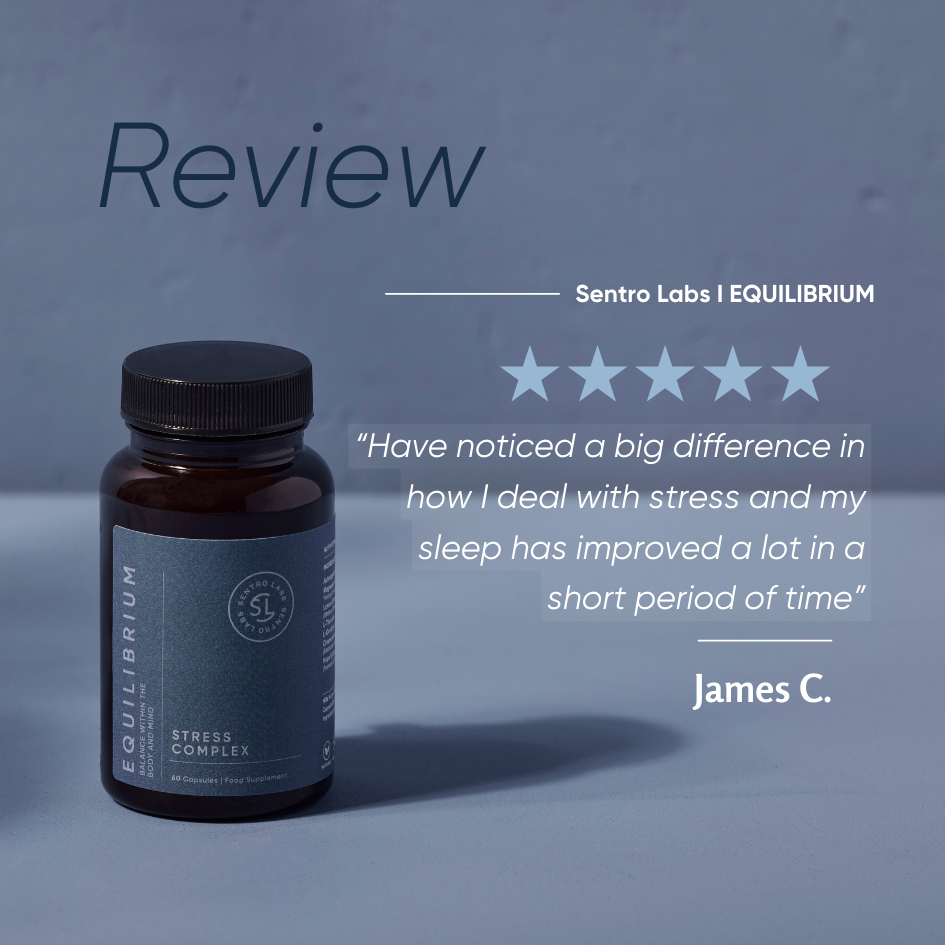
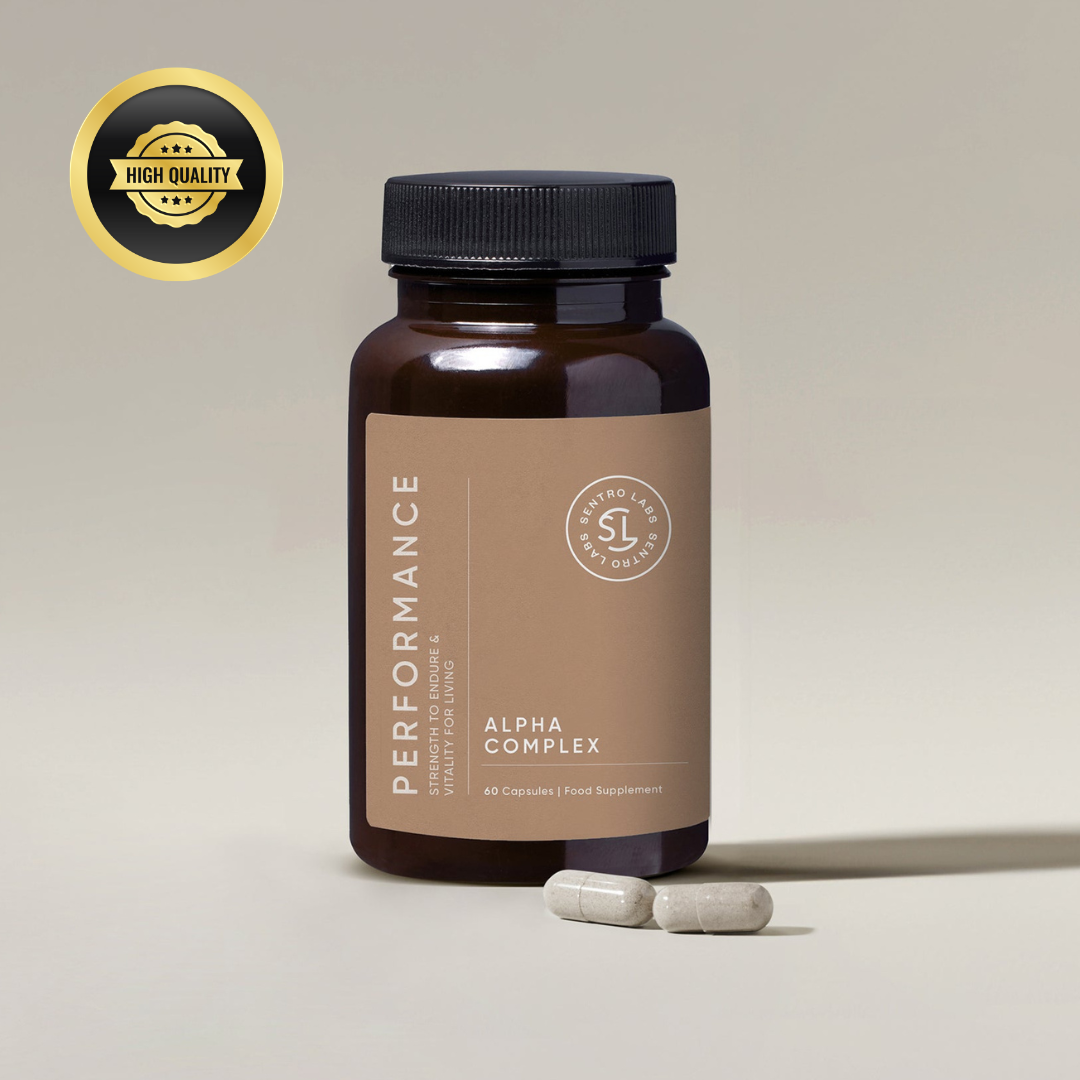
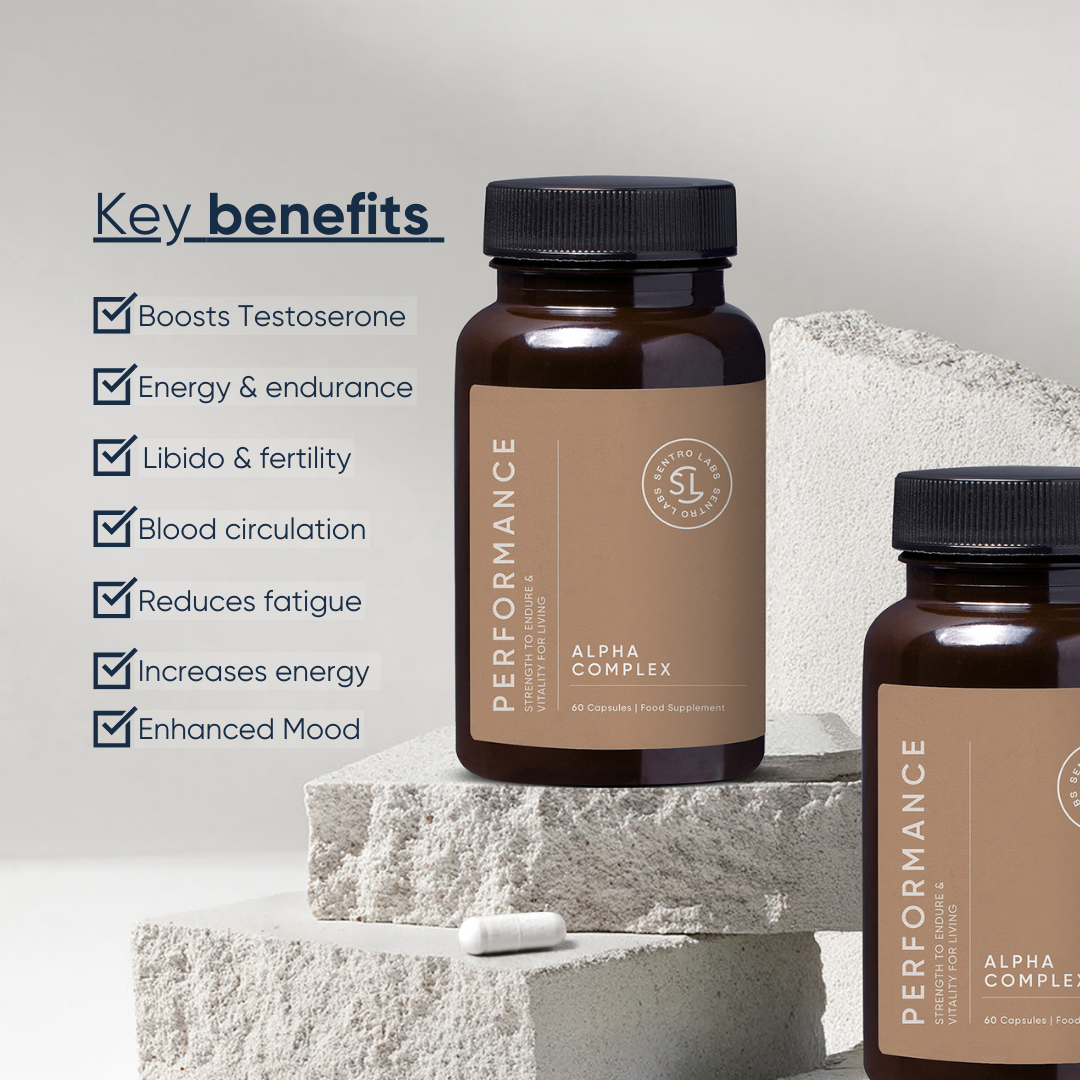
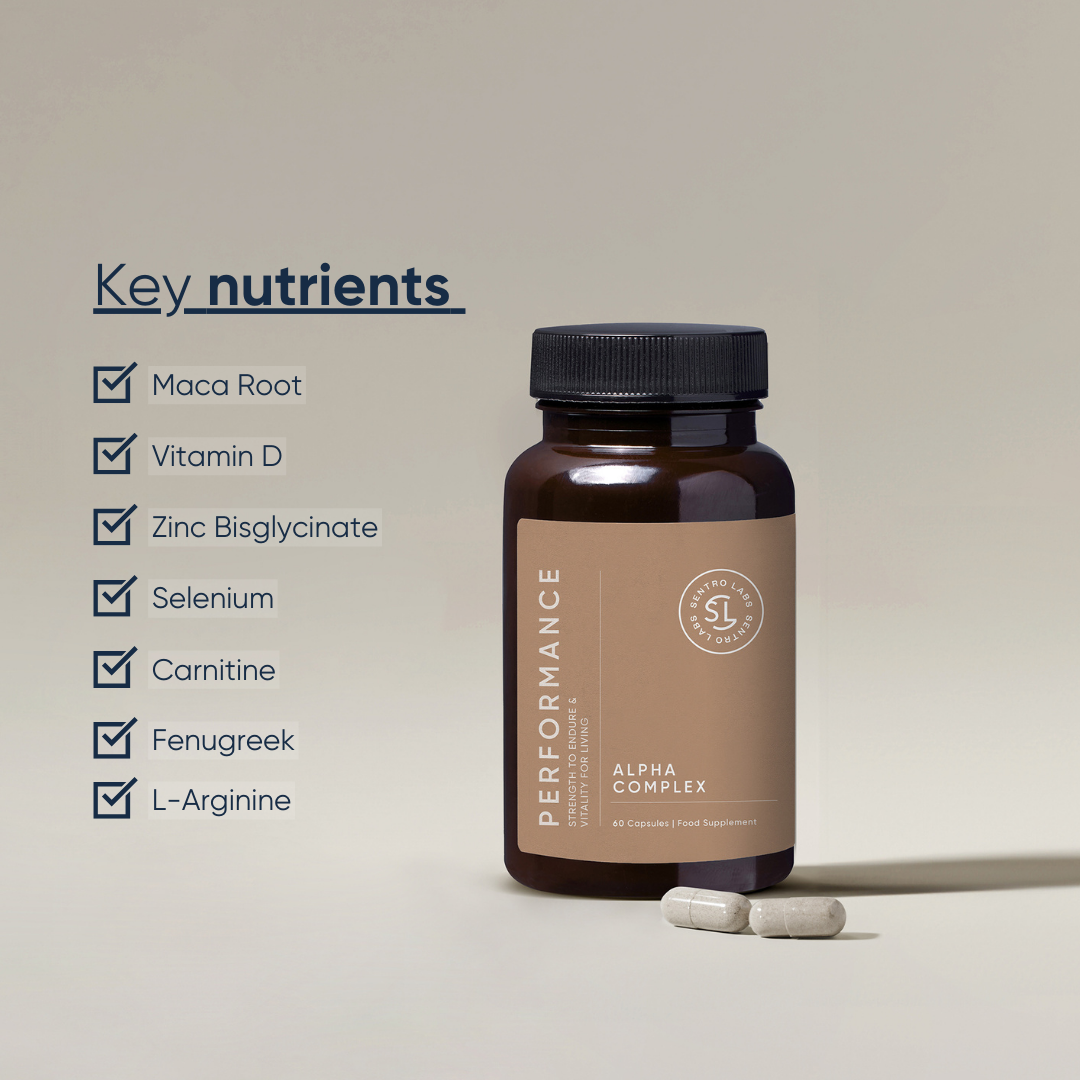
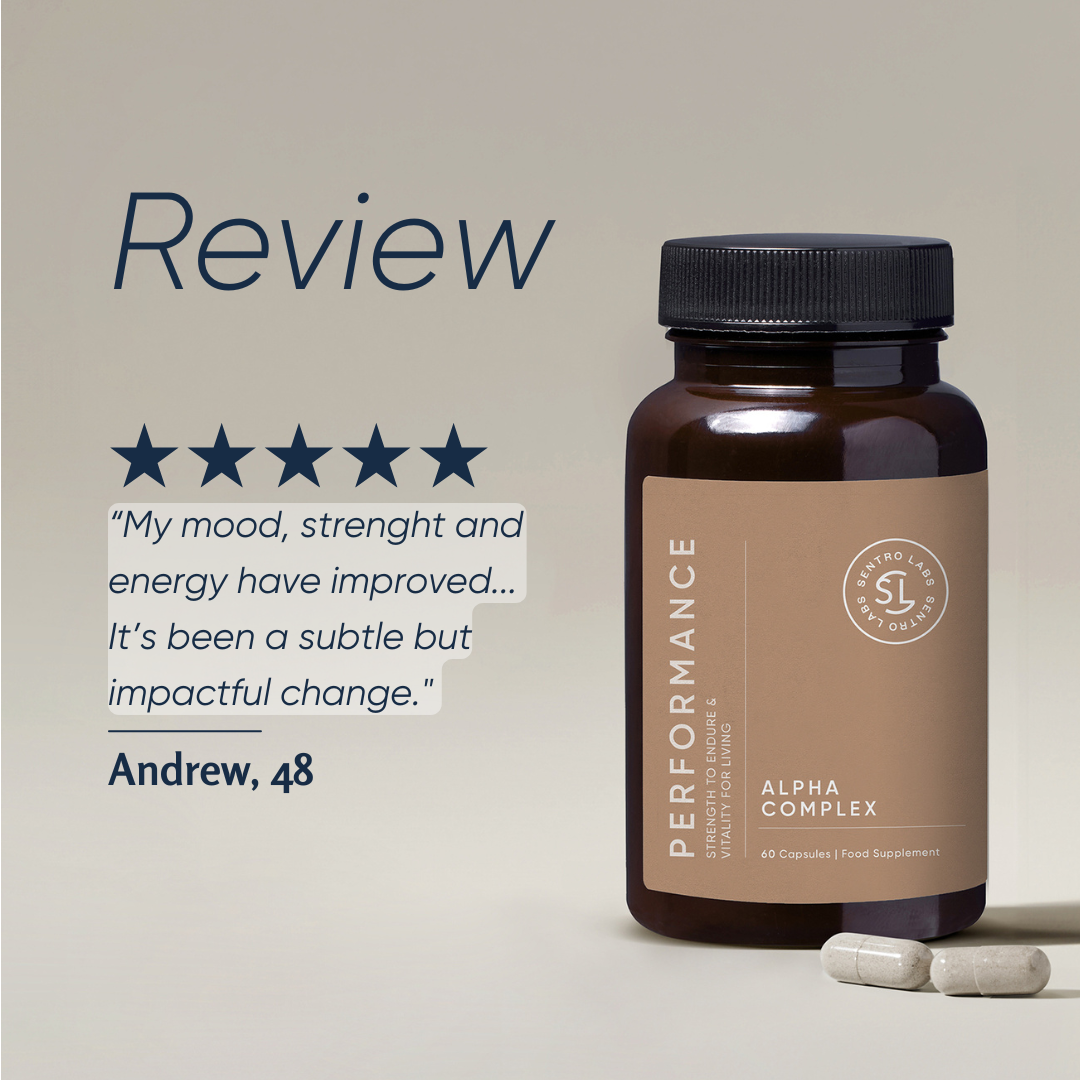
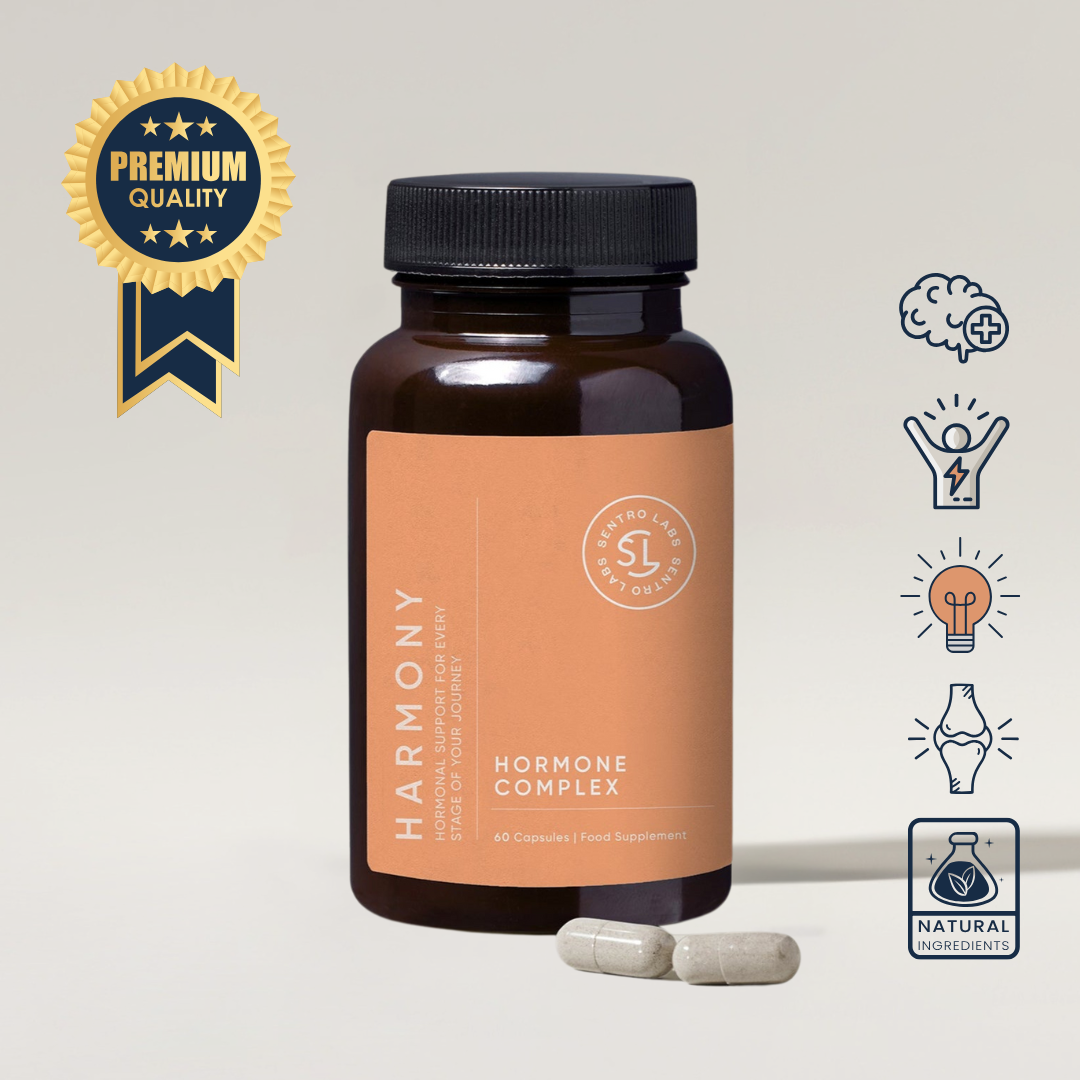
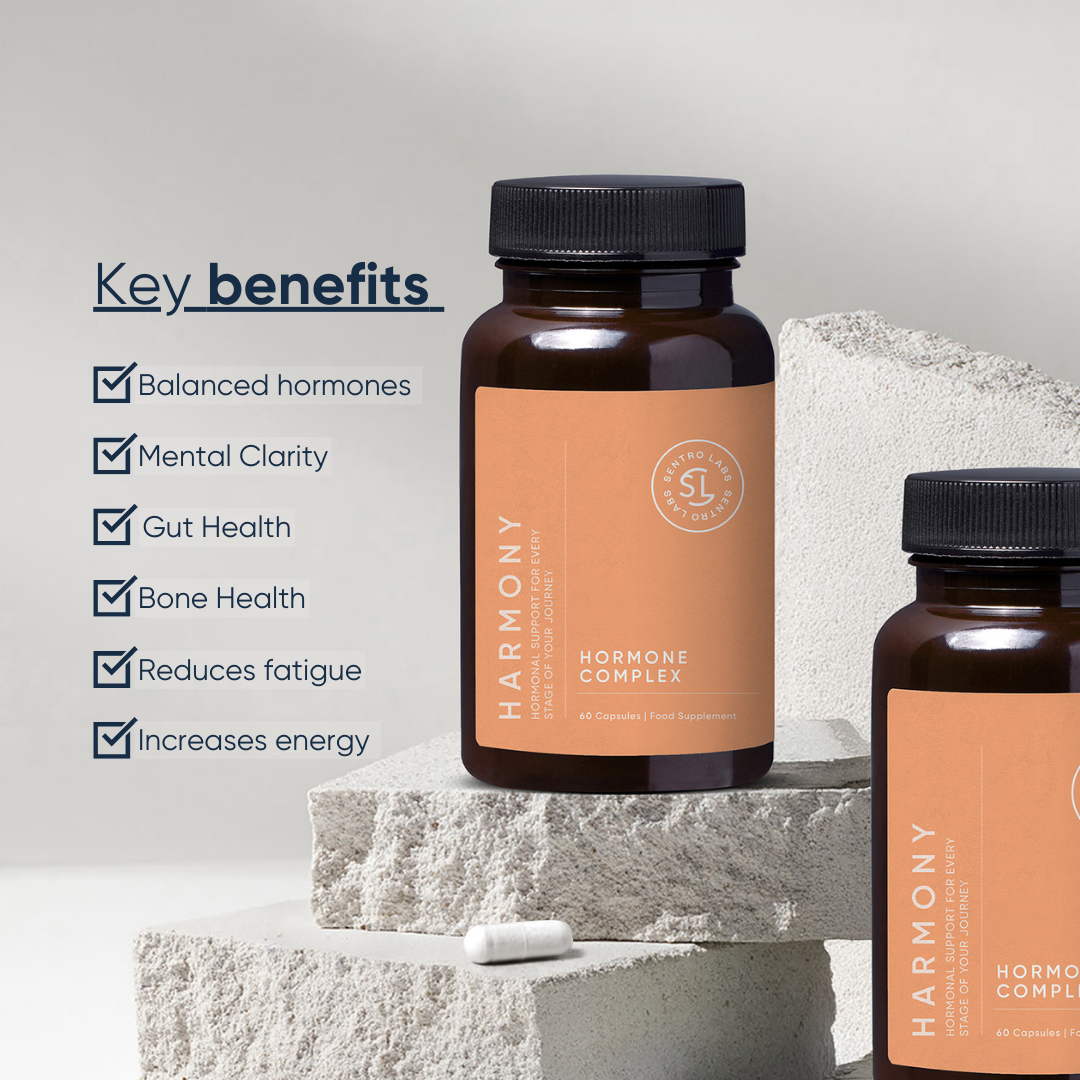

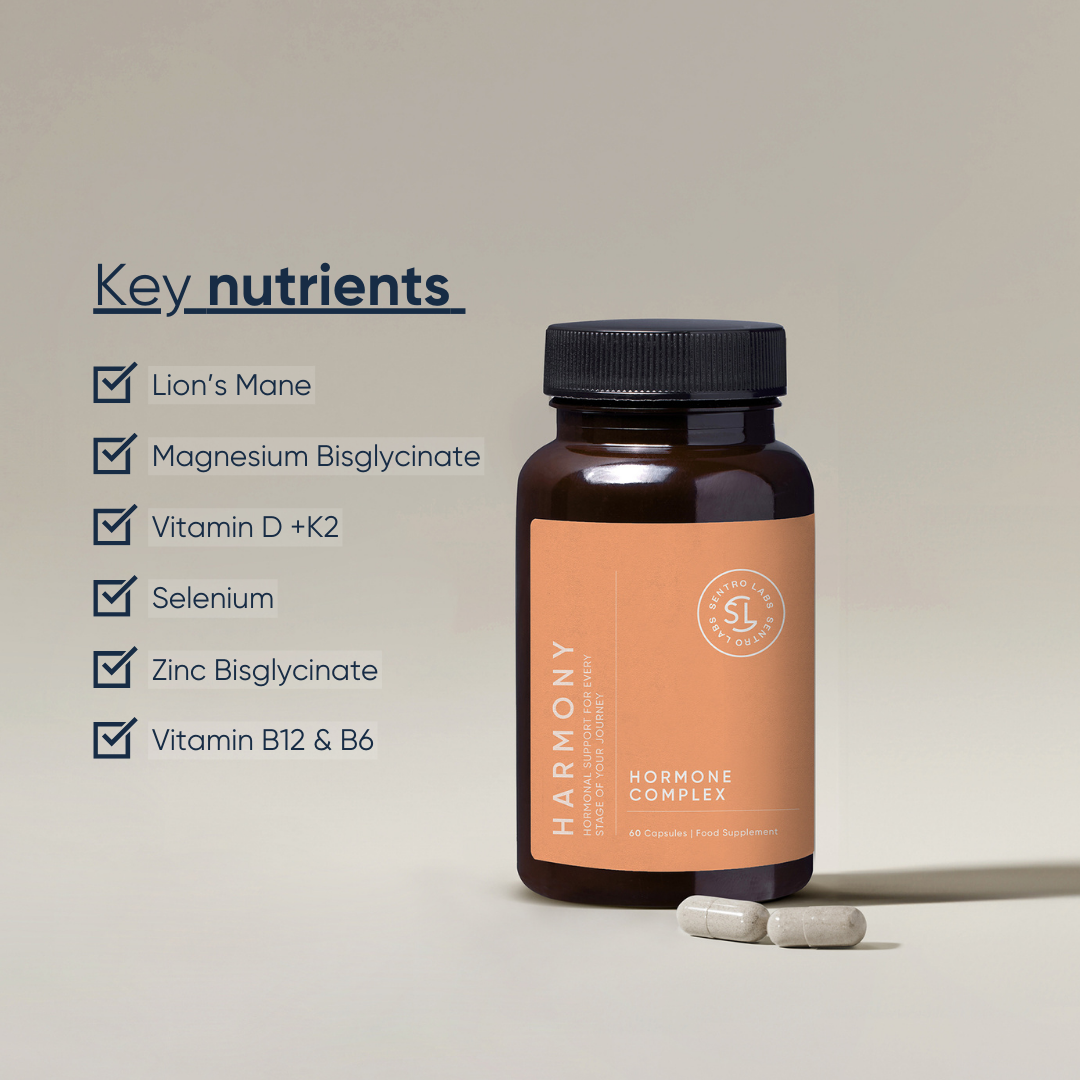

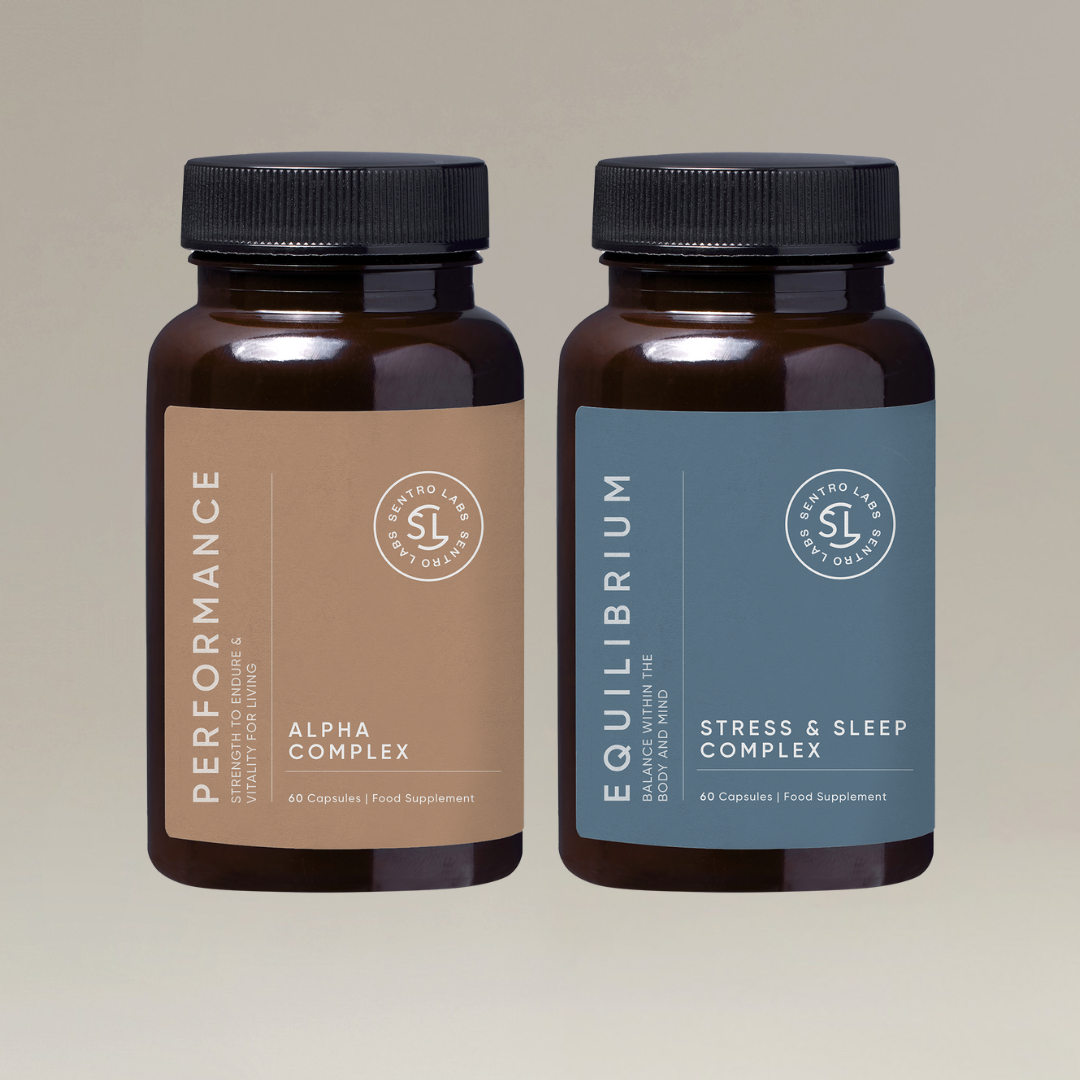
Share:
Does Exercise Increase Cortisol?
10 Citicoline Benefits You Need to Know About